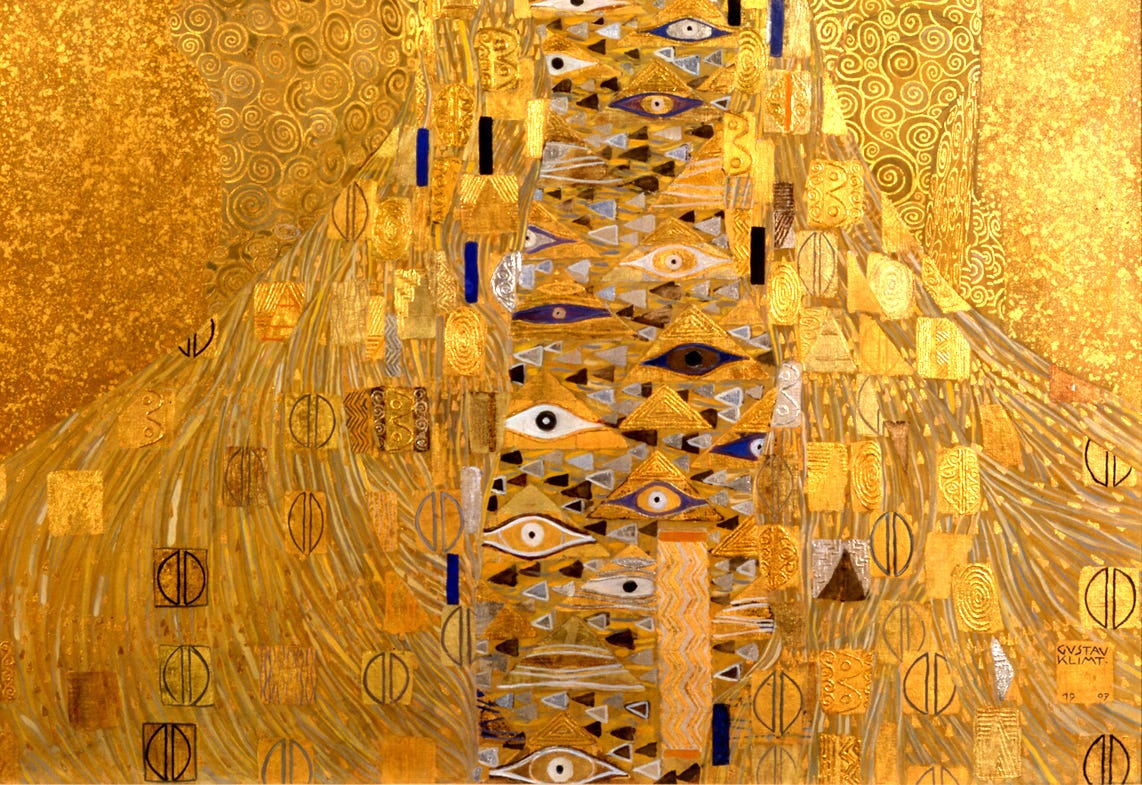There’s a poem by the great Sufi mystic Rumi that both thrills and confuses me. It goes like this:
When I am, I am not.
When I am not, I am.
It is a paradox—seemingly illogical, self-contradictory even, and yet it pulls me in. I sit with this Gordian knot and try to untangle it. It loosens a bit, and I think, “I’ve got it!” And then, just as soon as I feel certain I understand, it escapes.
Reading Rumi is often like this for me. His poetry upends my habitual way of seeing and thinking, which often falls into binaries: good versus bad, sick versus well, desirable versus “I’ll do just about anything to avoid that.” But what I have learned over the last decade, and in the last two years in particular, is that our lives are not binary. Sure, there are some days that seem completely awful—but within even the worst day, there’s almost always something that lifts us, whether an unexpected phone call from a dear friend, an excellent cup of coffee, or the way the light falls through the leaves of a tree.
Accepting the paradoxes of life can feel impossible at times. We tend to wrestle with them. We’re eager to figure them out; we want them to stop defying us. But the greatest seekers in the great wisdom traditions have embraced them—from the Indian tradition of ulatbamsi (or “poems in upside-down language”) to Zen koans, to Biblical parables.
Meditating on Rumi’s paradoxes, being at one moment certain, then flummoxed again, pushes us out of our “either/or” thinking to “both/and.” The poet John Keats described this as “negative capability”—the ability to sit with “the uncertainties, Mysteries, doubts, without any irritable reaching after fact and reason.” We can accept that there are terribly difficult and even cruel aspects of life, and yet it’s also unimaginably tender and beautiful. We can see, as F. Scott Fitzgerald once wrote, “that things are hopeless and yet be determined to make them otherwise.”
It’s with this in mind that we’ve designed our New Year’s Challenge. We’ve curated a series of prompts inspired by Gold, a stunning new translation of Rumi by Haleh Liza Gafori. You’ll find all six of them, one for each day between Sunday newsletters. How much time you spend with them is up to you. I myself like to rise before dawn, and I’m planning to spend as much time luxuriating in the experience of putting pen to page as I can. But if you only have ten minutes—or if rather than journaling, you want to try a different medium, like drawing or painting—that’s great too. As always, this practice is for you.
I hope that it helps make space for everything, that it leads you to live more fully, more freely, to love more deeply. For as Rumi says, “There are treasures within you. / Split the melon. Hand them out.”
To dive in, read on—
Keep reading with a 7-day free trial
Subscribe to The Isolation Journals with Suleika Jaouad to keep reading this post and get 7 days of free access to the full post archives.




